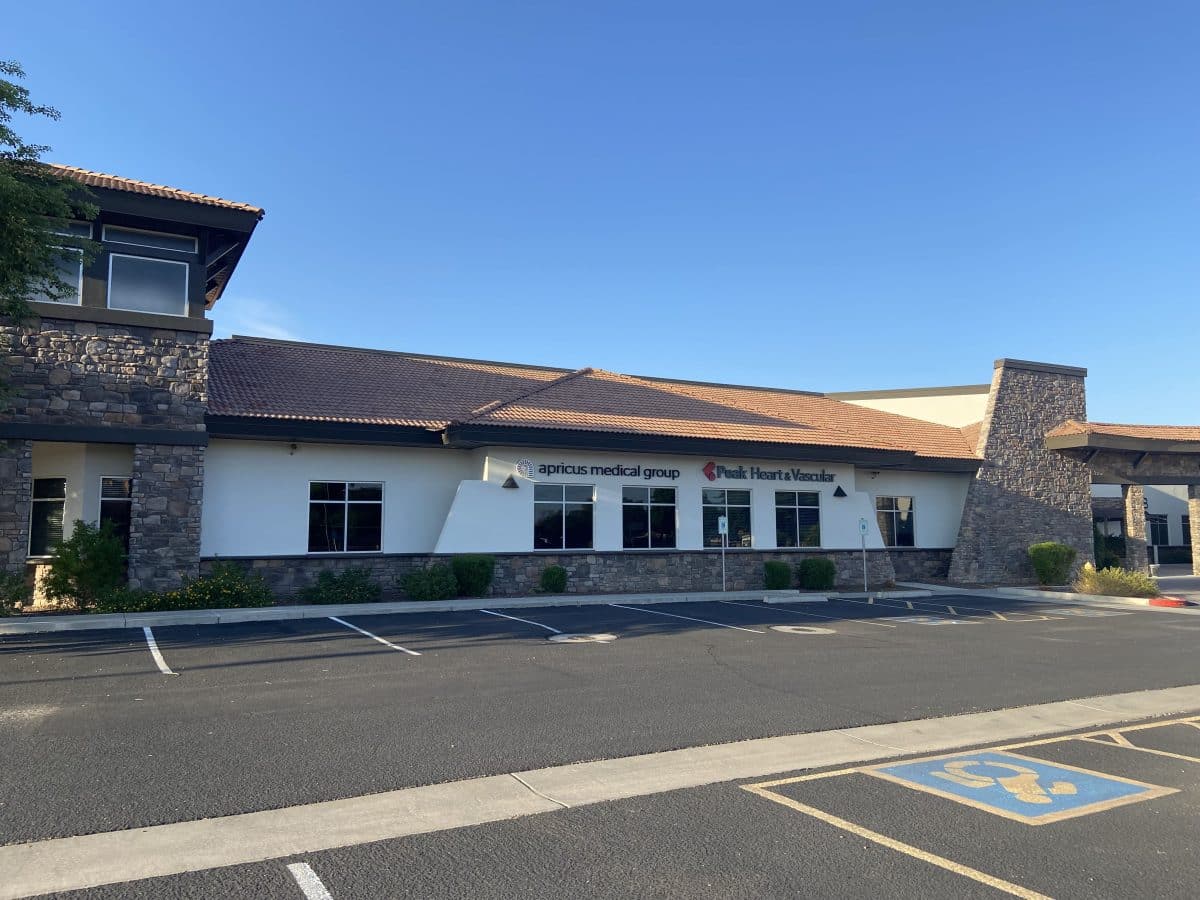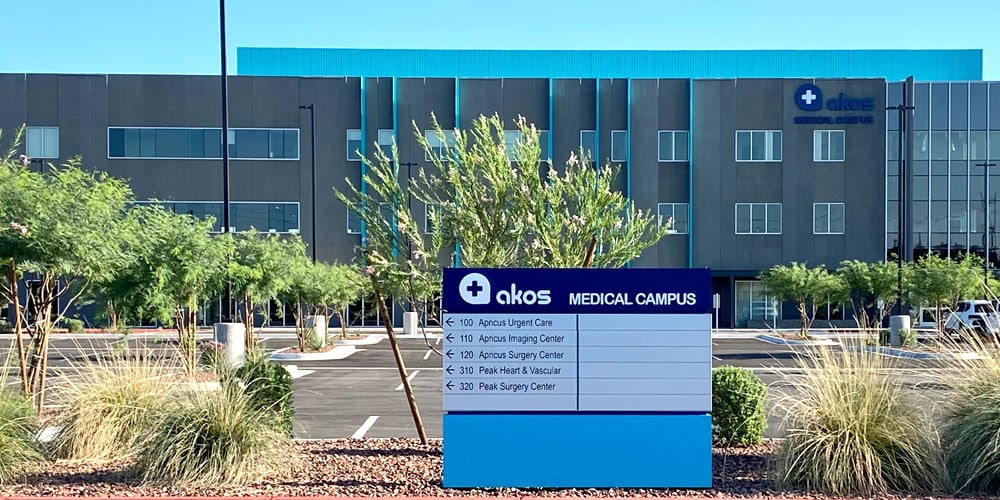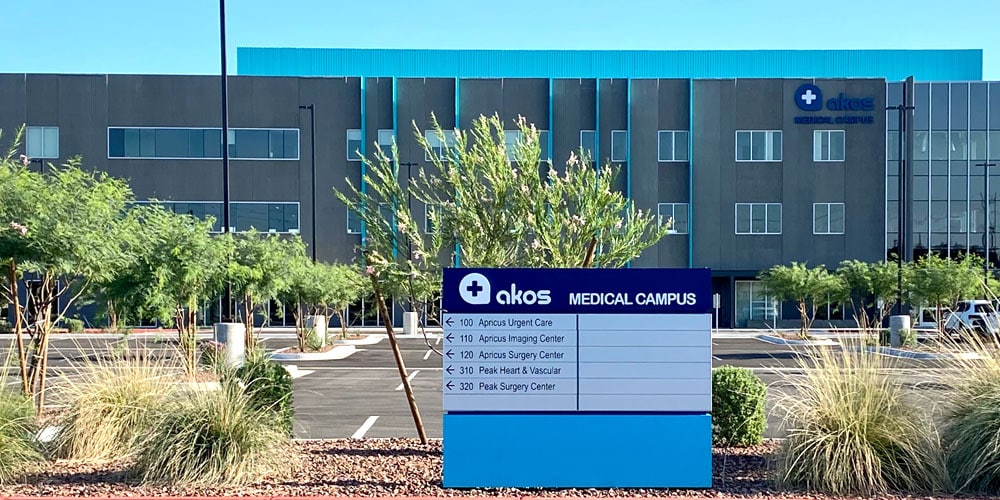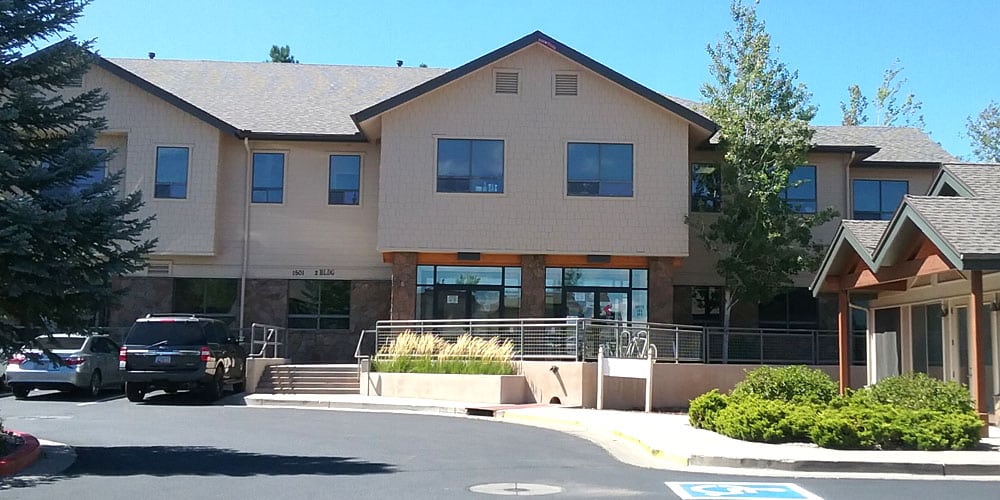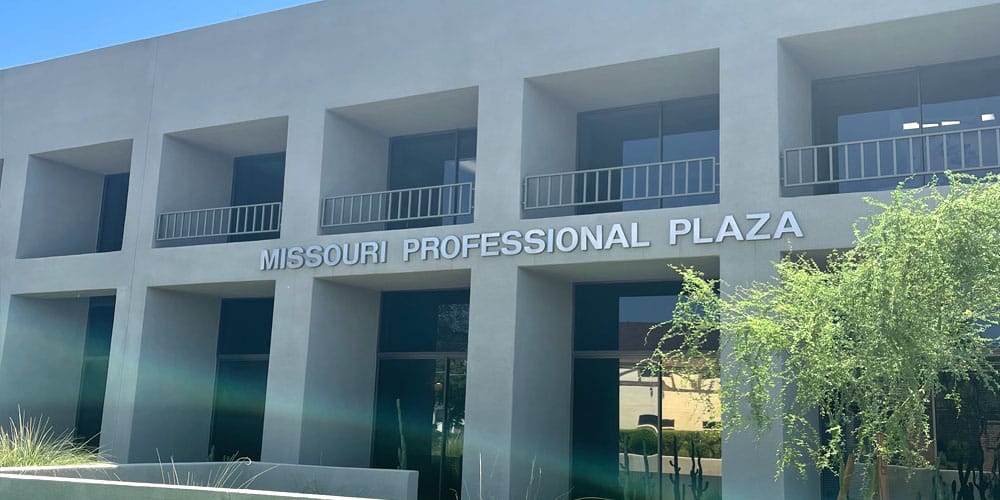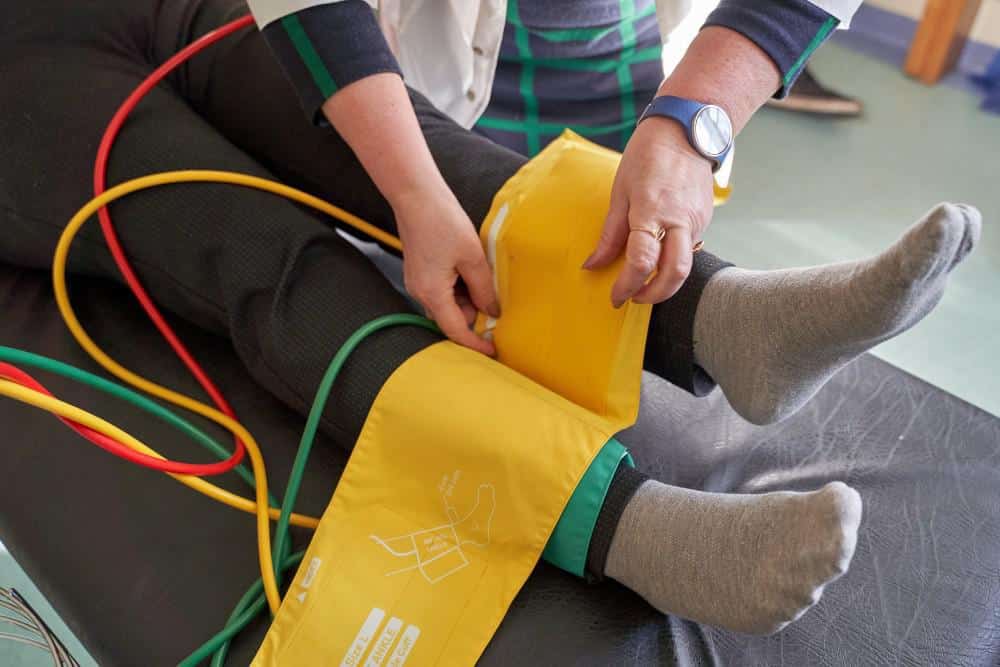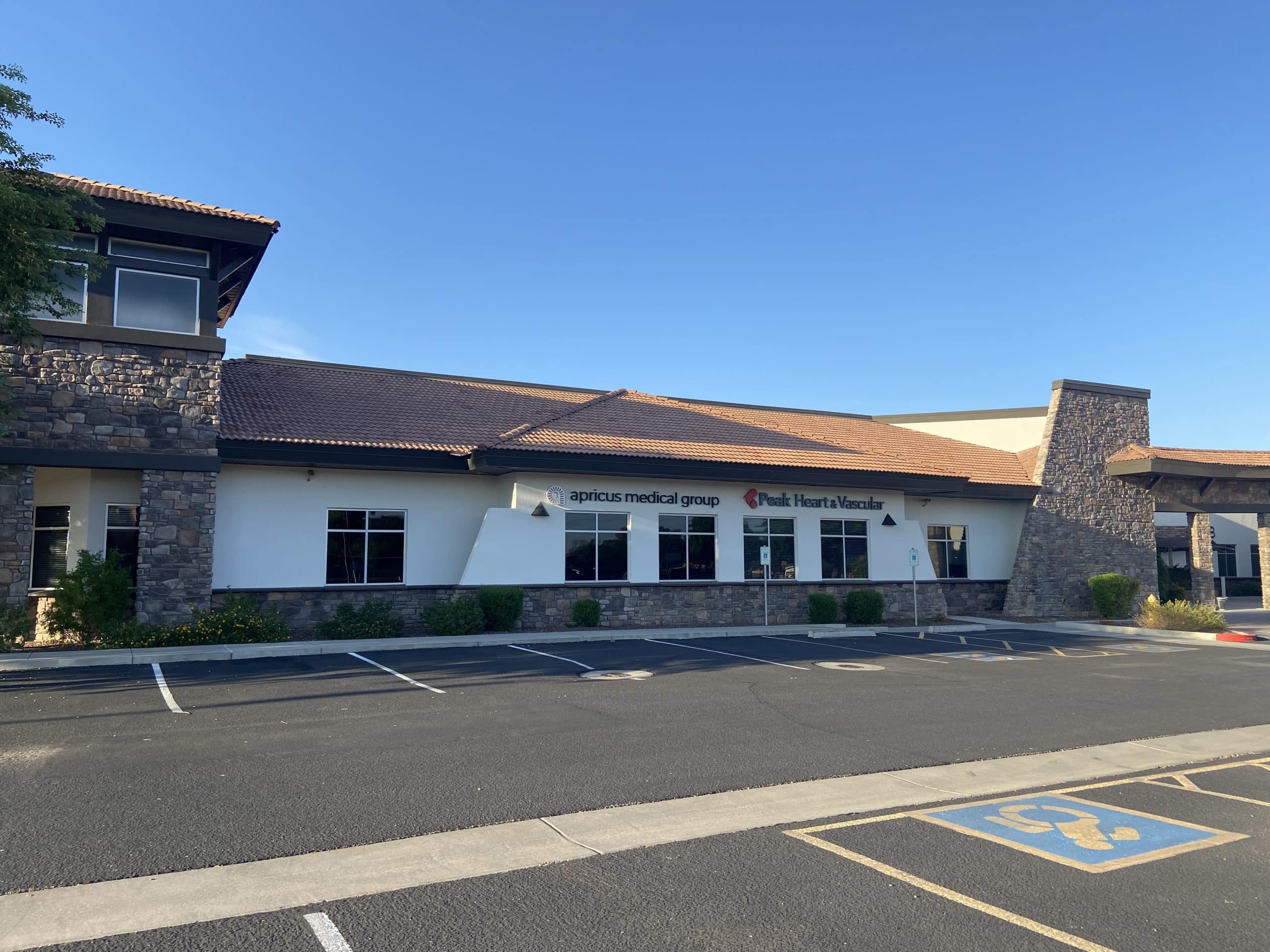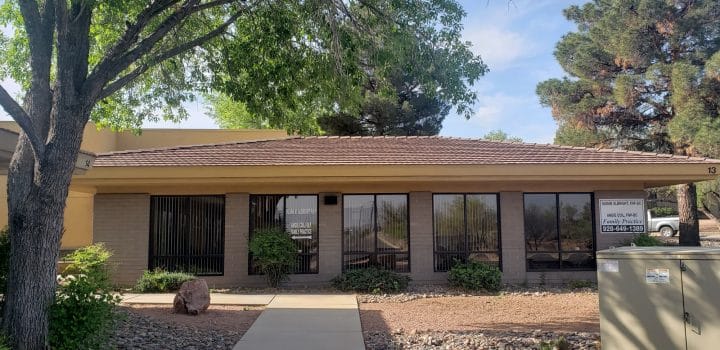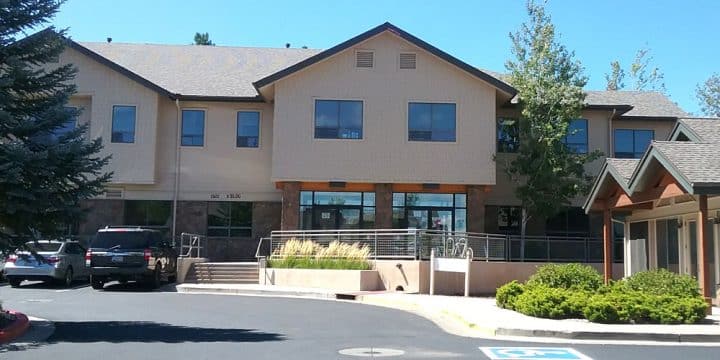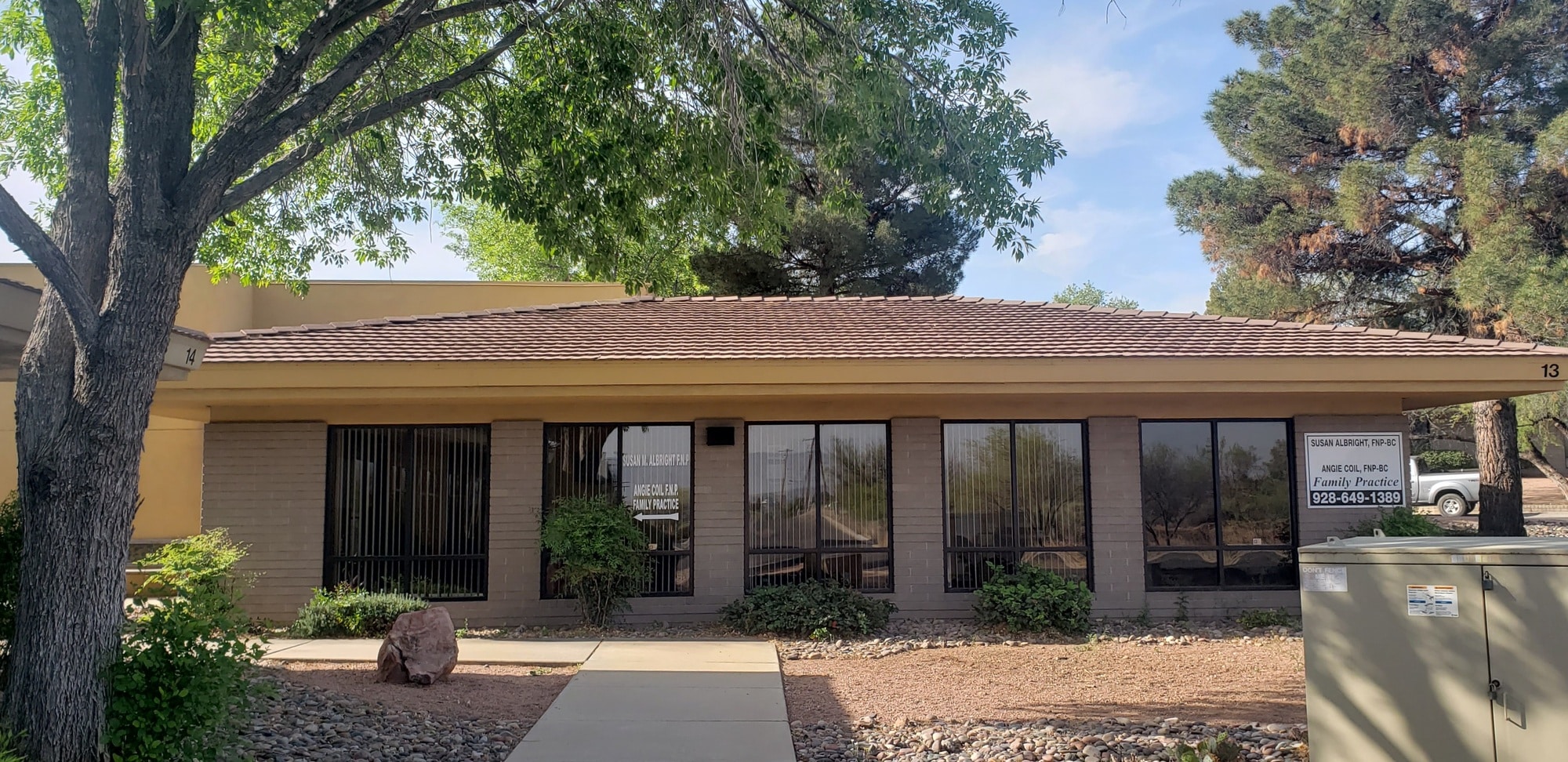It’s no secret that smoking increases your risk of numerous health complications. But, one life-threatening complication rarely gets much attention: aortic aneurysm.
Your aorta is a major blood vessel running from your heart through your chest and abdomen. It helps supply blood to your entire body. Unfortunately, developing an abnormal enlargement — or aneurysm — in this major artery can cause lethal complications. And smoking is the leading cause.
Our team at Peak Heart & Vascular provides award-winning cardiovascular care from our five Arizona locations. Here we share insights into aortic aneurysms and how smoking puts you at risk.
Aortic basics
Your blood flows through your body via a complex network of veins and arteries.
Veins bring blood to your heart and capture oxygen brought into your system through your lungs. Arteries, on the other hand, carry this oxygen-rich blood away from your heart to the rest of your body. Your aorta is the first and largest component of your artery system.
The aorta starts at your heart, specifically the left ventricle — the main pumping chamber in your heart. It passes through the center of your body like a superhighway for blood cells, and smaller arteries branch off along the way to reach other destinations, like freeway exits. In your lower abdomen, just above your groin, the aorta splits into two iliac arteries, one for each leg.
All in all, your aorta is approximately two feet long and a little larger than an inch in diameter. However, it supplies blood to:
- Your heart itself
- Your head, including your brain
- Your neck and arms
- Your stomach, intestines, kidneys, and other vital organs
That’s why aortic aneurysms can be so serious.
Aortic aneurysms and smoking
When you have an aneurysm, part of an artery wall weakens, causing an abnormal bulge or balloon. As the tissue continues to weaken or become more damaged, your risk of a serious tear or rupture in the artery wall increases.
You can develop an aortic aneurysm anywhere in this major vessel, but the most common occurs in the abdomen. This condition, known as abdominal aortic aneurysm (AAA), is sometimes referred to as “Triple A.” Over 90% of people diagnosed with AAA currently use or used tobacco in the past. This includes smoking, smokeless chewing tobacco, and e-cigarettes.
Over time, the walls of your aorta naturally lose their elasticity, which can increase your chances of an aneurysm forming. However, tobacco use can further weaken the aorta walls. Not only does this increase the possibility of developing an aneurysm, but it also makes it more likely that the aneurysm could rupture.
Studies also indicate that smoking could lead to biological changes in your DNA that impact your offspring, putting them at higher risk of an aneurysm in the future. Other factors that increase your risk of aortic aneurysms include being white, male, over age 65, and having a family history of aneurysms.
Preventing aortic aneurysms
First and foremost, quit smoking or using other tobacco products and avoid exposure to secondhand smoke.
Next, follow a healthy lifestyle by getting regular exercise and eating a diet with whole grains, fruits and vegetables, and lean proteins. You should also watch your heart health by keeping your blood pressure and cholesterol under control and avoiding saturated and trans fats.
Finally, if you use tobacco currently or in the past, or have other risk factors associated with an aortic aneurysm, talk to your doctor about your screening options.
If you have an aneurysm or have risk factors and want to get checked out, consult with our experienced team of vascular surgeons and cardiologists through a virtual visit or in-person at one of our clinic locations. To schedule an appointment, call our office most convenient to you — in Surprise, Avondale, Flagstaff, or Phoenix — or connect online to submit an appointment request for an in-office or virtual visit.
